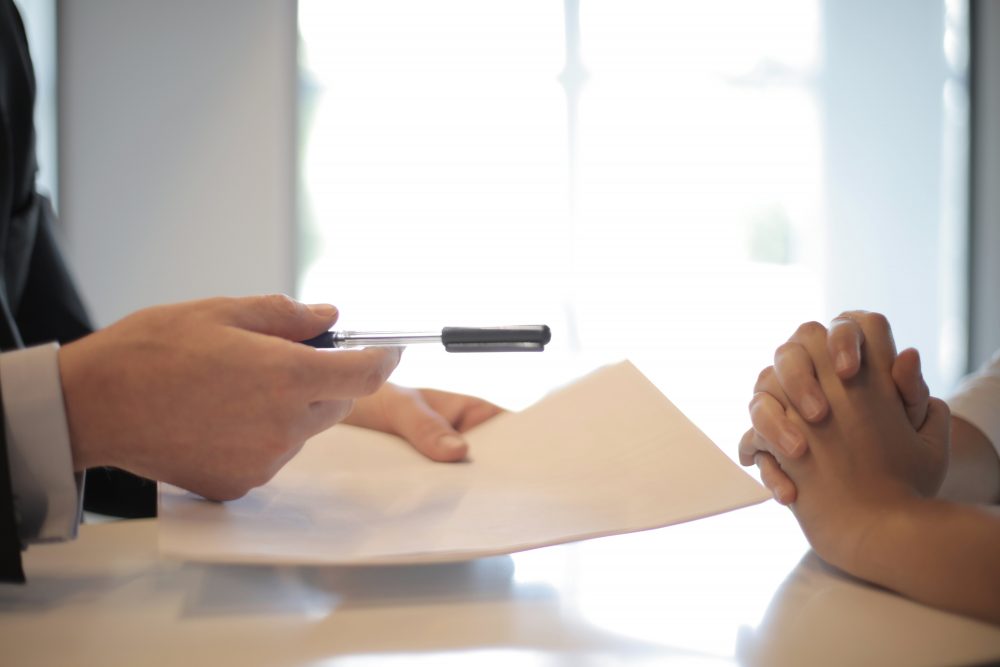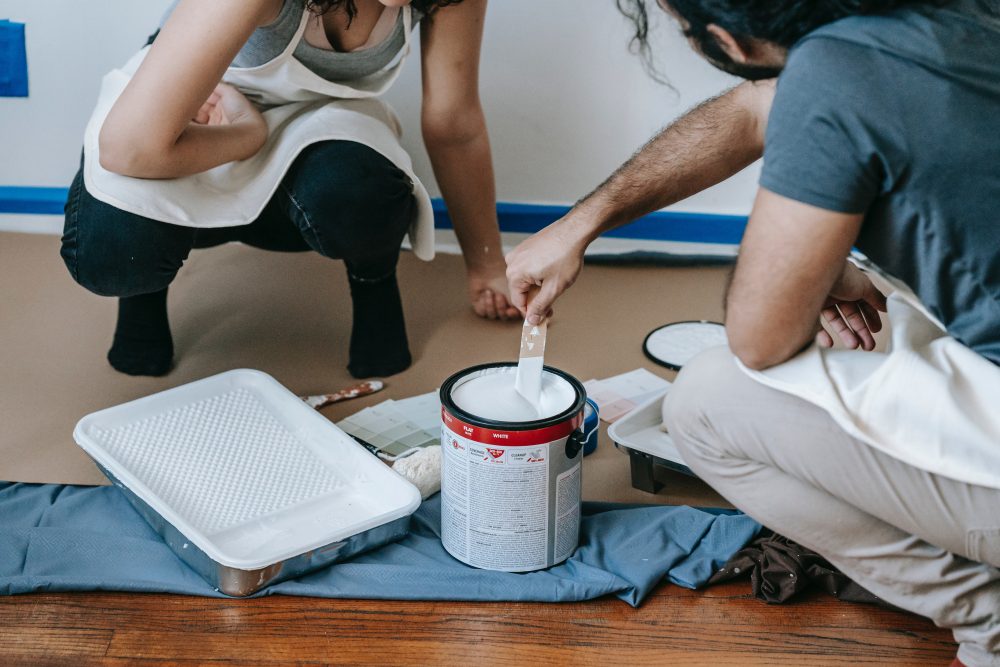Conducting the Ingoing Property Inspection
Conducting property rental inspections are of utmost importance at both the start and end of a tenancy. Ingoing property inspections need to be conducted by the landlord (or his/her agent) and the tenant on handover prior to occupation (while the property is empty), and signed by both parties. The tenant also has 7 days in which to record any extra findings which may have been missed.
This signed Ingoing Inspection report which is then annexed to the Lease Agreement forms the official record of the condition of the property before the tenant took occupation, and is a requirement of the Rental Housing Act (RHA).
Be very thorough and specific in recording of damages, e.g. if there are marks on a wall don’t simply say ‘some marks on wall paint in main bed’ – give detail and record e.g. ‘2 marks on wall just below window in main bedroom’. Thoroughly check the condition of everything the tenant is going to be responsible for maintaining during the tenancy.

Do I have to fix all defects recorded at the ingoing inspection?
When you conduct your ingoing property rental inspection it is important to note on your report that this checklist at commencement of lease serves purely to record the state of repair of the premises. Some tenants see these minor faults as ‘snag list’ of repairs to be done – this is generally not the case (unless there is damage which does actually need repair as it affects the tenant’s use and enjoyment of a property).
What happens if no Ingoing inspection is done?
A signed ingoing inspection is required in terms of the RHA and the landlord will have little to no chance of claiming for damages caused by the tenant if there is no ingoing report proving the original state of the property.

Conducting the Outgoing Property Inspection
What happens at the Outgoing Inspection?
On vacating the tenant is required to return the property in the same condition, fair wear and tear excepted, on termination of the Lease Agreement.
And in terms of the RHA the outgoing inspection must be conducted within 3 days of expiry of lease (or as per lease agreement – LettingWorx lease specifies “The Agent/Landlord and the tenant shall on termination of the Agreement of Lease, for whatever reason, jointly inspect the Premises for any damages on the last day of the lease”).
At this inspection you compare the current condition with that recorded on the signed Ingoing inspection report and record any further damage, excluding Fair Wear and Tear (Fair wear and tear being damage or loss to an item at the property which happens as a result of ordinary use and exposure over time). Again the outgoing report needs to be signed by both parties to avoid the tenant afterwards disputing what was agreed.

Should we do a Pre-exit Inspection?
It is a good idea to conduct a pre-exit inspection a couple of weeks, or even a month, before the date the tenant will be vacating so you can point out the areas that need attention, or repairs which will be required, in order to give them time to attend to them. And VIP to remind them that if they are taking out nails and touching up paint, that they will need to paint wall to wall as paint will never match a year or so later (this should also be recorded upfront if you have given them permission to put nails in walls).
Read our End of Tenancy Cleaning article for a full checklist of what needs to be attended to.
Must the Tenant sign the Ingoing & Outgoing Inspections, or can this be done by the Occupant?
The ingoing & outgoing inspections must be carried out with, and signed by, the legal tenant (the tenant who signed the lease), not just an occupant, unless you have written permission from the tenant to do so.
It is a good idea to conduct a pre-exit inspection a couple of weeks, or even a month, before the date the tenant will be vacating so you can point out the areas that need attention.
In the case where a parent has signed a lease for their children: if the parent (tenant) is not able to attend either the ingoing or outgoing inspection you need written permission from them for their representative (full name and preferably ID no.) to attend the inspection/s on their behalf. If you are aware upfront that the tenant can’t attend the ingoing then preferably write into the lease agreement that the occupant will attend inspections on behalf of the tenant, and get the completed inspection report signed by both occupant and tenant.